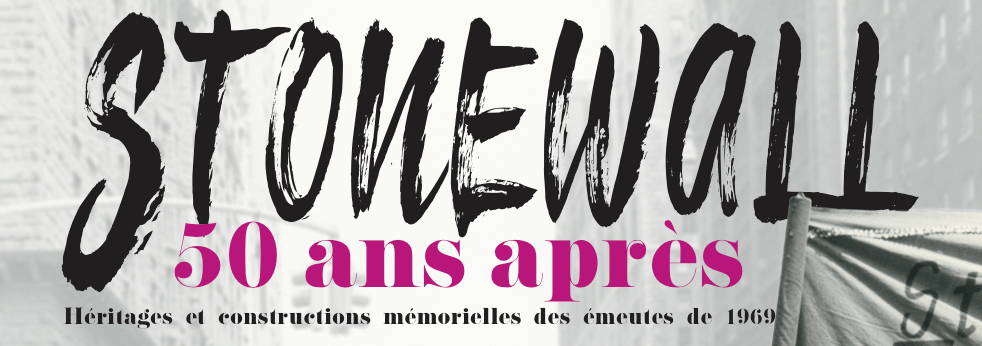Roland Emmerich's film Stonewall has been widely criticised, especially by members of the LGBTQ+ community, for not showing an accurate picture of the events that came to be known as the Stonewall Riots. The criticism was mainly directed at the role of Danny, a white middle-class cis-male being the main character, which marginalises the agency of transsexuals, lesbians, and people of colour – a debate that has been going on since the early gay liberation movement. Emmerich's defence for including Danny's fictional story was that a white heterosexual audience would be able to identify with him and thereby the topic would enter mainstream discourses. This might be a valid argument, since mainstream Hollywood cinema has been marked by rampant homophobia and has only recently opened up at the beginning of the 2000s with films like Brokeback Mountain (2005) and thereby enhanced the reach of films that have been stuck in the subcultural spheres of independent cinema in the 1980s and 90s. On the other hand, however, a process of adjustment that came along with entering the mainstream has led to the loss of the films subversive potential.
This leads to the main thesis of my paper: I suggest that the film Stonewall generates a homonormative aesthetic that sustains heteronormative structures instead of criticising them, which was the primary goal of the Stonewall Riots and the Gay Liberation Movement. Thus, the film sustains that the most heteronormatively assimilated gays constitute the current form of a hegemony that seeks to suppress everything that does not conform to these normative standards – especially men who do not adjust to their masculine gender role. To describe this hierarchy within the queer community and amongst homosexual men that favours assimilation to heteronormative standards in society, I will expand Raewyn Connell's concept of hegemonic masculinity and combine it with the notion of homonormativity to carve out what I will call ‘hegemonic queer masculinity'. Thus, I wish to analyse the representation of homosexuals and transsexuals on the content level as well as in the aesthetic composition of the film, in order to identify how homonormativity is established on-screen.
Speaker
Anna Müller is currently working on a PhD thesis in English and American Studies at the University of Kassel, which is sponsored by a PhD scholarship. Her dissertation “Queer Enough? – The possibilities and limitations for contemporary queer film to challenge heteronormative and homonormative structures” deals with the representation of male homosexuality, heteronormativity, and homonormativity in contemporary US-American cinema.

 PDF version
PDF version
